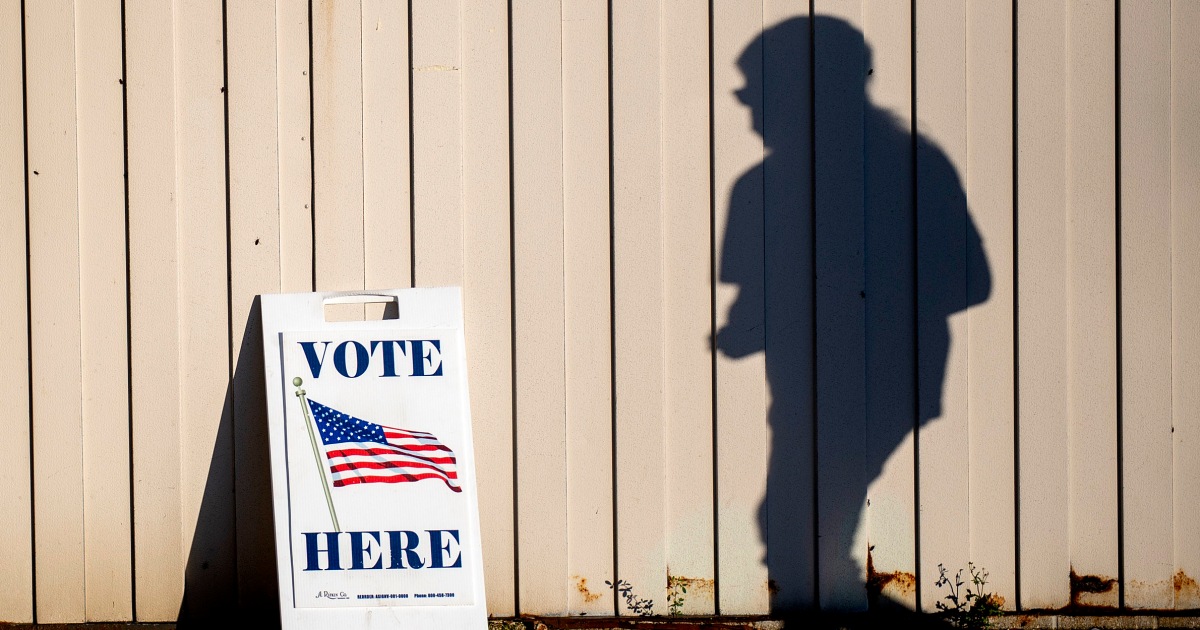Far-right influencer Douglass Mackey convicted in voter suppression scheme

NEW YORK — A self-styled far-right propagandist from Florida was convicted Friday of charges alleging that he conspired to deprive individuals of their right to vote in the 2016 presidential election.
Douglass Mackey, 33, of West Palm Beach, Florida, was convicted in Brooklyn federal court before Judge Ann M. Donnelly after a one-week trial. On the internet, he was known as “Ricky Vaughn.”
In 2016, Mackey had about 58,000 Twitter followers and was ranked by the MIT Media Lab as the 107th-most important influencer of the then-upcoming presidential election, prosecutors said. He had described himself as an “American nationalist” who regularly retweeted Trump and promoted conspiracy theories about voter fraud by Democrats.
Mackey, who was arrested in January 2021, could face up to 10 years in prison. His sentencing is set for Aug. 16.
His lawyer, Andrew Frisch, said in an email that the 2nd U.S. Circuit Court of Appeals in Manhattan will have multiple reasons to choose from to vacate the conviction.
“We are optimistic about our chances on appeal,” Frisch said.
U.S. Attorney Breon Peace said in a release that the jury rejected Mackey’s cynical attempt to use the First Amendment free speech protections to shield himself from criminal liability for a voter suppression scheme.
“Today’s verdict proves that the defendant’s fraudulent actions crossed a line into criminality,” he said.
The government alleged that from September 2016 to November 2016, Mackey conspired with several other internet influencers to spread fraudulent messages to Clinton supporters.
Prosecutors told jurors during the trial that Mackey urged supporters of then-Democratic presidential candidate Hillary Clinton to “vote” via text message or social media, knowing that those endorsements were not legally valid votes.
At about the same time, prosecutors said, he was sending tweets suggesting that it was important to limit “black turnout” at voting booths. One tweet he sent showed a photo of a Black woman with a Clinton campaign sign, encouraging people to “avoid the line” and “vote from home,” court papers said.
Using social media pitches, one image encouraging phony votes utilized a font similar to one used by the Clinton campaign in authentic ads, prosecutors said. Others tried to mimic Clinton’s ads in other ways, they added.
By Election Day in 2016, at least 4,900 unique telephone numbers texted “Hillary” or something similar to a text number that was spread by multiple deceptive campaign images tweeted by Mackey and co-conspirators, prosecutors said.
Twitter has said it worked closely with appropriate authorities on the issue.

